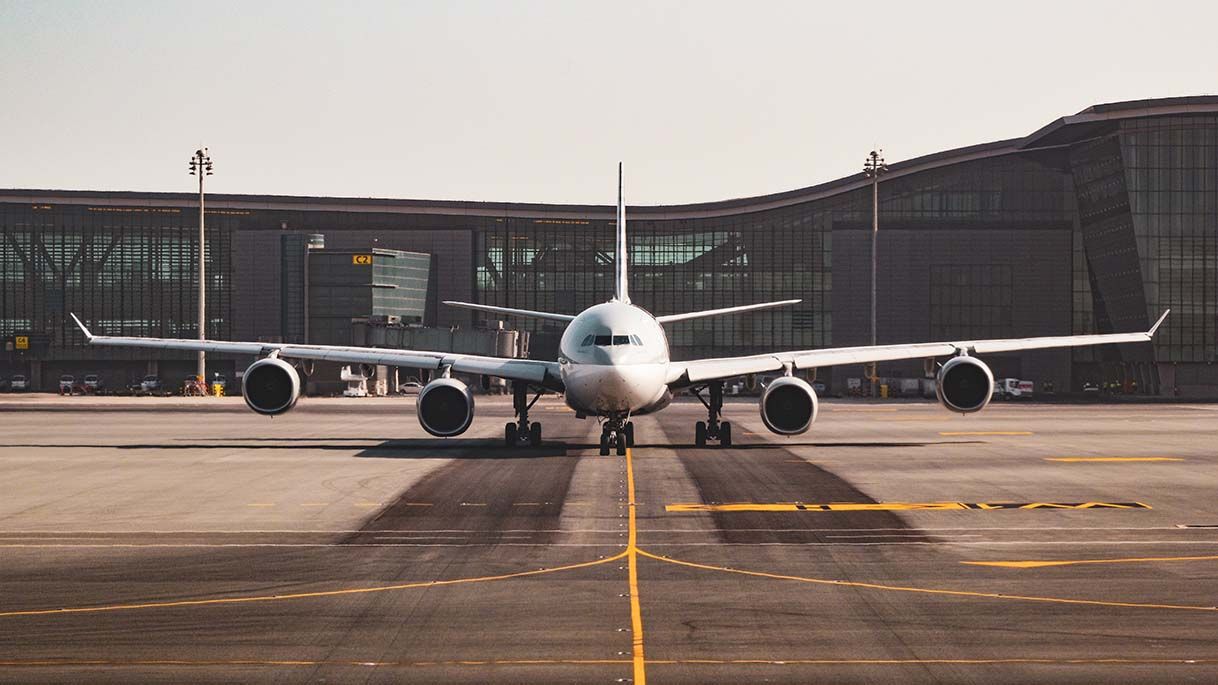Executive Brief

US-China Relations
Military TensionsMinihan’s memo and the ‘first island chain’ General Mike Minihan, Commander of the US Air Mobility Command (AMC), sent out a memo on 27 January telling his troops, “I hope I am wrong, my gut tells me [China and US] will fight in 2025,” as first reported by NBC News.
He pointed to 2024 presidential elections in both Taiwan and the US, predicting the US will be “distracted” and China will have an opportunity to move on Taiwan. He wants his units to be prepared to include building “a fortified, ready, integrated, agile Joint Force Maneuver Team ready to fight and win inside the first island chain” (i.e., the defensive line that runs from Japan’s main islands through Okinawa, Taiwan, and the Philippines south to Malaysia).
General Minihan’s Memo:Minihan’s memo was sent to all air wing commanders in AMC and other Air Force operational commanders ordering them to report by the end of February all major efforts being undertaken to prepare for a conflict with China. He directed all AMC personnel to “consider their personal affairs” and ensure that their legal matters are in order should they become combat fatalities.
The Pentagon press secretary commented on the report only by saying, “The National Defense Strategy makes clear that China is the pacing challenge for the Department of Defense, and our focus remains on working alongside allies and partners to preserve a peaceful, free, and open Indo-Pacific.” According to an unnamed Pentagon official speaking to NBC News, “These comments are not representative of the department’s view on China.”
The reaction of Chinese state media:Chinese state media blasted Minihan’s memo and said it was designed to justify the enormous US defense budget. One article published by the People’s Daily, China’s most authoritative vehicle for government views, said China should not be influenced by US war mongering rhetoric but “stay focused on China’s own agenda...Time is on China’s side to resolve the Taiwan issue.
Aviation
Boeing loses out in rapidly expanding marketBoeing is fast losing the China market. In 2022 Boeing delivered only eight aircraft to China while Airbus delivered more than 100. China announced a purchase of 292 Airbus aircraft in July 2022 and another 140 in November.
Meanwhile, Commercial Aircraft Corporation of China (COMAC) delivered its first domestic large passenger plane, the C919, to commercial service in December. COMAC said it has received more than 1,000 orders for its C919.
According to a COMAC estimate, more than 40,000 passenger aircraft will be needed globally over the next 20 years for a total value of $6.4 trillion. China will be the world’s largest aviation market with a requirement for 9,284 aircraft.
By 2041, China will have 10,007 passenger aircraft or 21.1% of the world total.
Dodging the prospect of invasive audits or potentual seizureChina Southern Airlines’ decision in January to withdraw from the US stock market marks the total delisting of Chinese state-owned enterprises (SOEs). As of October 2020, 13 Chinese SOEs were listed in US markets. Earlier in January China Eastern applied to delist.
- Last August, China and the US reached an agreement on auditing Chinese companies listed on the US stock market. US auditors successfully conducted their first round of auditing in December 2022. However, Chinese media commentators say the Chinese government decision to withdraw all Chinese SOEs from the US stock market is for strategic considerations.
- In November 2020 President Trump signed an executive order to force three Chinese SOEs to withdraw from the US stock market for alleged ties with the Chinese military. Given current China-US relations, the Chinese government is worried that additional Chinese SOEs could be targeted. More importantly, seeing the consequences Russia faced after its invasion of Ukraine, China fears that SOEs could be the first group of Chinese companies whose assets the US would freeze, if there is a major conflict between the two countries.
Space
US sanctions Spacety for support of Wagner GroupOn 26 January the US government sanctioned China’s Changsha Tianyi Space Science and Technology Research Institute (Spacety China) and its subsidiary, Spacety Luxemburg S.A., for providing support to the Wagner Group, Russia’s private military company involved in the Ukraine war.
Spacety China is accused of providing “Terra Tech synthetic aperture radar satellite imagery orders over locations in Ukraine. These images were gathered to enable Wagner combat operations in Ukraine.”
Earlier on 24 January, “The US has determined that some Chinese companies are providing non- lethal assistance to Russia for use in the Ukraine war and officials are noting their concerns to the Chinese government,” according to western media reporting.
White House Press Secretary Karine Jean Pierre said, “We will continue to communicate to China the implications of providing material support to Russia’s war against Ukraine.
Download our recent executive brief to keep reading.